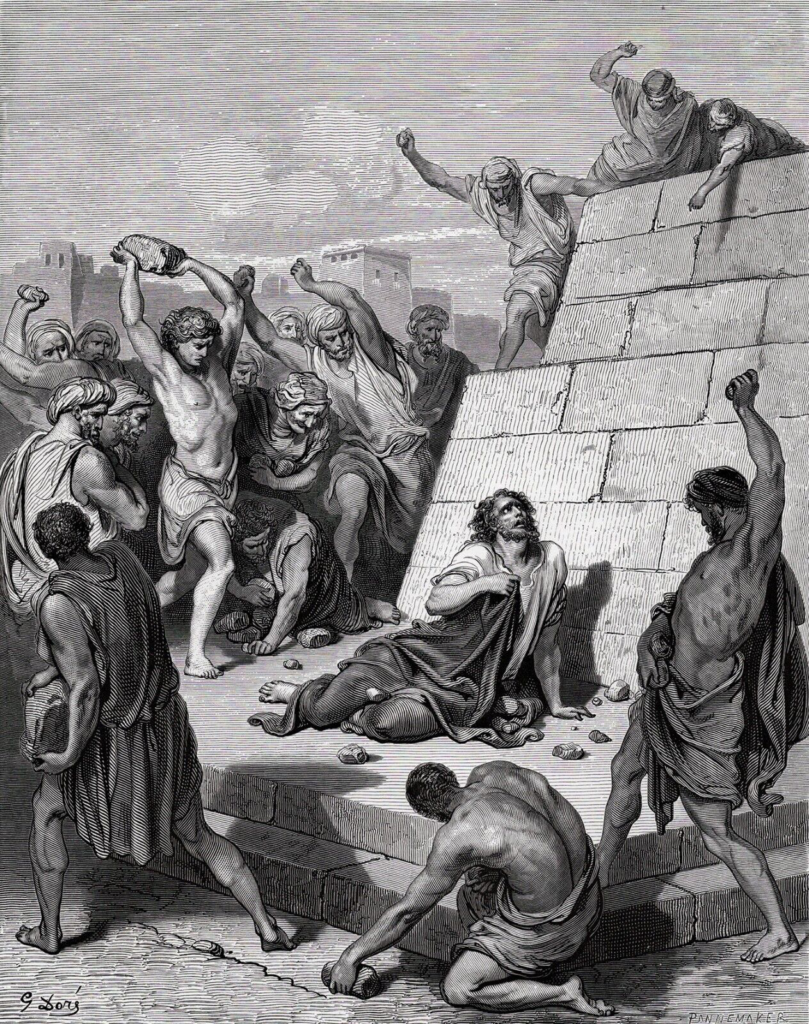Your translation of 1 Thessalonians undoubtedly minimizes what St. Paul says in the 2nd chapter. What he actually says is this:
Ὑμεῖς γὰρ μιμηταὶ ἐγενήθητε, ἀδελφοί, τῶν ἐκκλησιῶν τοῦ θεοῦ τῶν οὐσῶν ἐν τῇ Ἰουδαίᾳ ἐν Χριστῷ Ἰησοῦ*, ὅτι τὰ αὐτὰ ἐπάθετε καὶ ὑμεῖς ὑπὸ τῶν ἰδίων συμφυλετῶν καθὼς καὶ αὐτοὶ ὑπὸ τῶν Ἰουδαίων*, τῶν καὶ τὸν κύριον ἀποκτεινάντων Ἰησοῦν καὶ τοὺς* ⸆ προφήτας καὶ ἡμᾶς ἐκδιωξάντων καὶ θεῷ μὴ ἀρεσκόντων καὶ πᾶσιν ἀνθρώποις ἐναντίων*, κωλυόντων ἡμᾶς τοῖς ἔθνεσιν λαλῆσαι ἵνα σωθῶσιν*, εἰς τὸ ἀναπληρῶσαι αὐτῶν τὰς ἁμαρτίας πάντοτε*. ⸀ἔφθασεν δὲ ἐπʼ αὐτοὺς ἡ ὀργὴ ⸆ εἰς τέλος.
He speaks of the Jews not as merely ‘displeasing’ God (as the modern English ear may hear it), but as being actively hostile to all mankind, murderers of the prophets, and persecutors of the Church — that they also ‘displease’ God must be read in this context. Theirs is a wickedness above and beyond all others. For what other people would have knowingly murdered the Son of God?
Luther, perhaps, captures a bit of it better:
… welche auch den HERRN Jesus getötet haben und ihre eigenen Propheten und haben uns verfolgt und gefallen Gott nicht und sind allen Menschen zuwider …
He translates the Greek as the Jews being ‘abhorrent to all mankind’, which is surely truer to the words of St. Paul. Worse still, the Jews seek to hinder the spread of the Gospel so that the other races (ἔθνεσιν) of men will join them in the fire that does not consume. As they were then, so they are now.
A Christian cannot support the Jews, cannot support their project they call ‘Israel’, and certainly cannot speak of them as ‘chosen’. Scripture is unambiguous: They are cursed — racially and generationally — for their wickedness. If they are to repent, then it must be of their specific wickedness:
They must repent of being a Jew.

